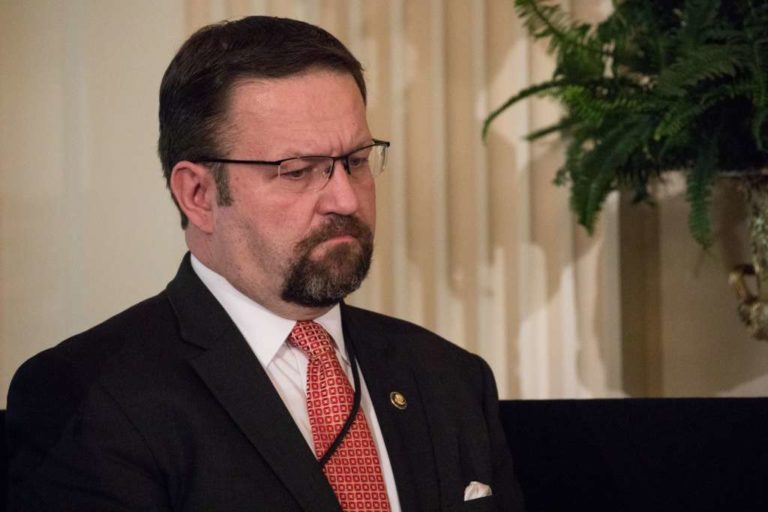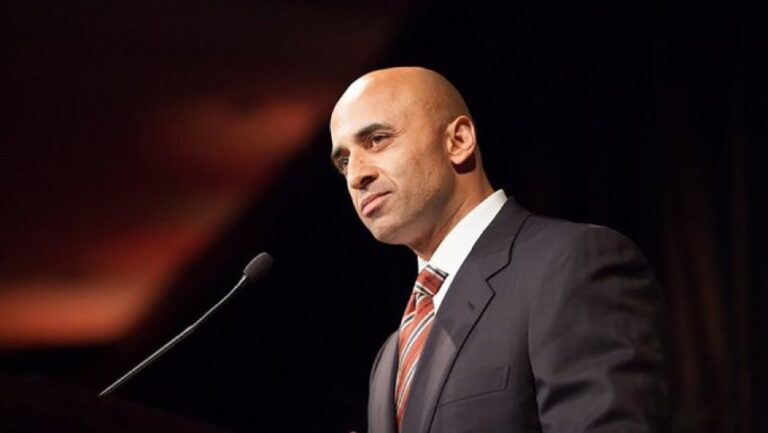 The Jewish Star reports that Yeshiva University will lay off 60 employees. This follows the announcement several months ago of millions of dollars in losses incurred in the debacle involving Bernard Madoff, former chairman of Yeshiva’s Sy Syms School of Business.
The Jewish Star reports that Yeshiva University will lay off 60 employees. This follows the announcement several months ago of millions of dollars in losses incurred in the debacle involving Bernard Madoff, former chairman of Yeshiva’s Sy Syms School of Business.
President Richard Joel made the grim announcement Monday in a letter addressed to the “Yeshiva University Community,” obtained by The Jewish Star.
The cuts will be made across the university’s Manhattan campuses in an attempt to trim the budget by $30 million, he said.
An angry YU employee who lost her job on Monday spoke to The Jewish Star on the condition that she not be identified.
“They affect the little people, the people that make the university run. The administration is the bread and butter of the university. Had all the senior staff taken a two percent cut it wouldn’t have been necessary to cut all these jobs for the people that aren’t making that much money… Richard Joel makes half a million dollars a year. Why didn’t he take a pay cut? “
The letter describes the layoffs as part of an overall staff reduction that, including voluntary separation packages and retirement, will eliminate a total of 120 positions, believed to be about 2.5 percent of YU’s total workforce.
The move is part of Yeshiva University facing “new economic realities,” Joel said.
When the Ponzi scheme allegedly conducted by Madoff was announced, Yeshiva first estimated having lost $110 million, though that number was later scaled back, apparently to remove from the calculation profits that never really existed.
Madoff reached a partial agreement with the Securities and Exchange Commission Monday in which he agreed to not contest the facts of the civil case against him. Penalties are to be assessed at a later date, and Madoff still faces criminal prosecution. A list of Madoff’s victims released earlier this week includes dozens of residents of the Five Towns.
Joel said a strong severance package would be offered to the employees who lost their jobs, including salary continuation and health benefits. In his words the package goes “beyond that which is required and normally provided by an institution like ours.”
The letter from Joel also cites additional measures like “cutting non-personnel expenses by 23 percent;” “fortifying sound business processes” and “radically scaling back our capital expenditures.”
Yeshiva also plans to “keep the cost of attending its undergraduate schools as affordable as possible by freezing tuition and increasing financial aid,” and to focus its “substantial fund raising efforts on student aid and other core priorities.”
The letter concludes that Yeshiva University is special because of “people whose positive attitudes enliven student living and learning in ways both memorable and subtle,” and that YU is now “poorer for having to say goodbye to several of them today.”
Hedy Shulman, a spokeswoman for the university, told The Jewish Star Monday night that there would be no further comment at this time.
Letter from Yeshiva University President Richard Joel, obtained by The Jewish Star
Dear Members of the Yeshiva University Community,
I write to you at a challenging moment for Yeshiva University and its family. In an effort to maintain the strength of the special enterprise that is YU, we are making hard choices and reducing our operating budget by close to $30 million. None of the choices has been harder than the decision, announced today, that we are laying off approximately 60 of our employees throughout the Manhattan campuses.
As I have reported to you, we have taken many steps over the past few months to find other ways to meet our budget reduction mandate, ranging from charging our vice presidents to find new ways to reduce spending wherever possible, to offering voluntary separation packages to qualifying employees. Our overall goal has been to do whatever we could to minimize the impact of our financial issues on the student and academic experience both in and beyond the classroom.
We cannot eliminate the pain felt by those members of our community who are losing their jobs, particularly in these economic times, but we have put measures in place to show support and give assistance. We have developed a generous severance package which includes salary continuation and extended benefits, such as health insurance and on-campus tuition benefits, beyond that which is required and normally provided by institutions like ours. We are also offering additional support to affected employees by providing job search support and counseling.
It is essential that YU deal properly and purposefully with the new economic realities that confront us all. Part of our commitment is ensuring that students and their families can afford a Yeshiva University education: We are reframing our budget, not just to eliminate the structured deficit, but to keep the cost of attending the undergraduate schools as affordable as possible by freezing tuition and increasing financial aid. We have always been mindful of the costs of education, looking for ways to do more with less, while building a great university; now we must look harder. These layoffs are part of an overall reduction in staff – through a hiring freeze, early retirement and voluntary separation packages – that totals approximately 120 positions. Other steps we are taking include:
*Cutting non-personnel expenses by 23 percent
*Fortifying sound business processes
*Ensuring all appropriate savings, consistent with the unique research-driven academic programs, at Albert Einstein College of Medicine
*Radically scaling back our capital expenditures
*Focusing our substantial fundraising efforts on student aid and other core priorities
*Continuing to find efficiencies through vigilant review of all expenses by the professional staff and the trustees; vehicles such as the staff Cost Savings Task Force; and suggestions made by faculty, staff and students to the President
As a result of all of this, we have an operating plan for the coming year that ensures our delivering on the promise we make to our families: providing a superb education for every Yeshiva University student, while keeping YU strong and helping us weather the economic climate. We are very fortunate to have an extraordinary group of lay leaders who share our commitment to the future.
Yeshiva University’s mission has never been as vital as it is today.
Our values are invaluable and our education is non-negotiable. But to write this is to be reminded that it is not words, but people, who bring wisdom to life. What make Yeshiva special are the caring and best actions of those who serve this community every day in a myriad of ways and places – people whose positive attitudes enliven student living and learning in ways both memorable and subtle. We are an institution filled with such people; but we are the poorer for having to say goodbye to several of them today.
In these challenging times, I encourage you to convey your concerns
through all appropriate channels.
(LINK to Jewish Star article)











4 Responses
You should cite a source for the idea that Madoff has anything to do with it. Even if the loss was $110 million, that refers to an endowment, not operating revenue, which would typically by only a few percent. Given the recession, and the reluctance of schools to cut financial aid to students (and to cut salaries to academic staff), the amount of Madoff involved would seem to be negligible. All the other colleges are cutting similar amounts regardless of whether they invested with Madoff. If YWN is claiming the cuts were the result of Madoff, they should give some attribution.
Editors Response: “If YWN is claiming”…..YWN is not claiming anything. Read the article. Read it again. And again. And yet again if necessary. And if you still think that YWN wrote this article, or used our sources, then read it again.
The first few words should help you out.
Neither the letter, nor the Jewish Star, said the Madoff was responsible for the problem. The cuts are due to the same factor causing all major institutions to have deficits, which is the recession (as optimists call it). Madoff was coincidental and not a significant factor. Had Madoff’s fraud not been discovered, the layoffs would still be occuring.
The big story is not YU’s gullability in dealing with Madoff, but YU’s lack of brilliance in avoiding the economic crisis.
I get that it’s not YWN, but that you’re quoting from The Jewish Star, but still you choose which articles to include or not. I’m sure other institutions have laid off employees as well. Why is this so noteworthy? Again, I feel when it comes to YU, YWN many times is in “gotcha” mode.
Dear Bubby:
If YWN was really in “Gotcha” mode, they would have published my ascerbic comment.–They didn’t!